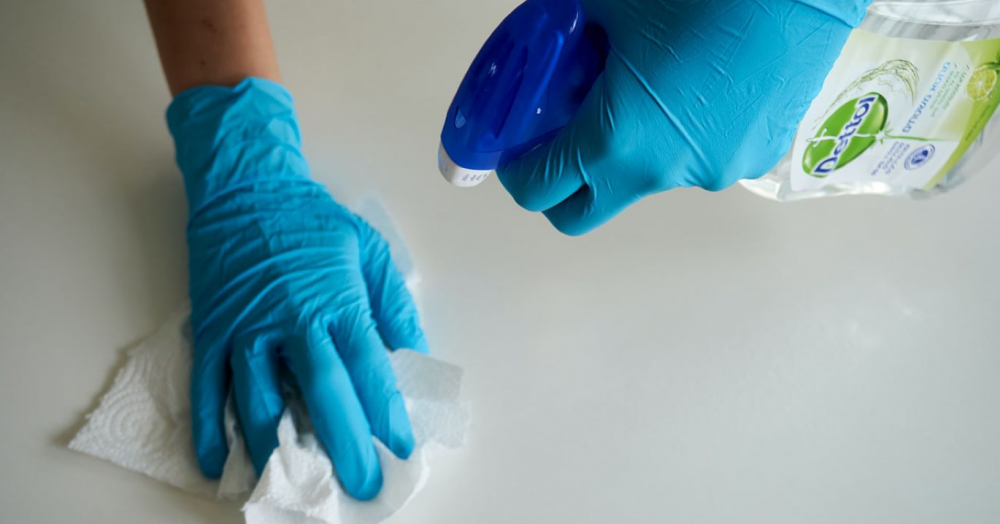In this three-minute read, we look at how landlords can protect themselves from getting caught up in the most common cause of end-of-tenancy disputes.
When a tenancy comes to an end, one issue more than any other causes disagreements.
And it’s not holes in walls or missing rent payments that take the number one spot.
According to recent data* cleaning is the most common cause of strife.
Yes, that’s right, grotty carpets, greasy ovens and filthy loos most often turn out to be the bone of contention between tenant and landlord.
The latest figures (which cover the year up to March 2020) show that there were 34,993 disputes in 12 months (a slight drop from the previous year).
Of these disputes, cleaning was cited in 42% of cases followed by:
- Damage to the property (41%)
- Redecoration (39%)
- Gardening (23%)
- Rent arrears (14%)
So why does cleanliness (or lack thereof) spark so much antagonism? The problem is everyone has a different definition of what constitutes “clean”.
A landlord may be looking for a professional standard of cleanliness, while the tenant may think waving a cloth over a surface or two is enough.
As most tenants want their deposit back, they almost always vociferously argue that they have left the property in the same condition as it was at the start of the tenancy.
The only way a landlord can push back if this isn’t the case, is by having a clear and definitive inventory that includes proof of the property’s condition.
The inventory should include photographs and videos (dated, of course) and written descriptions of the condition of the property. (Make sure you cover areas that might be the subject of dispute, such as inside the oven or the shower.)
A good inventory serves two purposes:
1) It gives the tenant a clear understanding of what is expected of them. They know you’ll be checking at the end of the tenancy, so they are more likely to take good care of the property.
2) If you do end up in a dispute, you have the inventory to back up your side of the story. An inventory that is too general and lacking in detail, means it will be almost impossible to make your case.
With the issue of cleaning – as with pretty much all other aspects of being a successful landlord – it all comes back to communication.
Being open and clear with your tenant right from the beginning (and giving them a copy of the inventory) will set the right tone.
Regular inspections throughout the tenancy will maintain the momentum, and a friendly but straightforward chat just before the final inspection will leave little room for confusion.
If you’re a landlord and have any questions about managing a tenancy, get in touch with us here at MILLBANKS, we’re happy to help.
* Data from The Dispute Service – an organisation that offers a landlord/tenant resolution service – was analysed by Decorus for Sage, property management software providers.
COPYRIGHT Millbanks of Attleborough, Norfolk, 2021.
